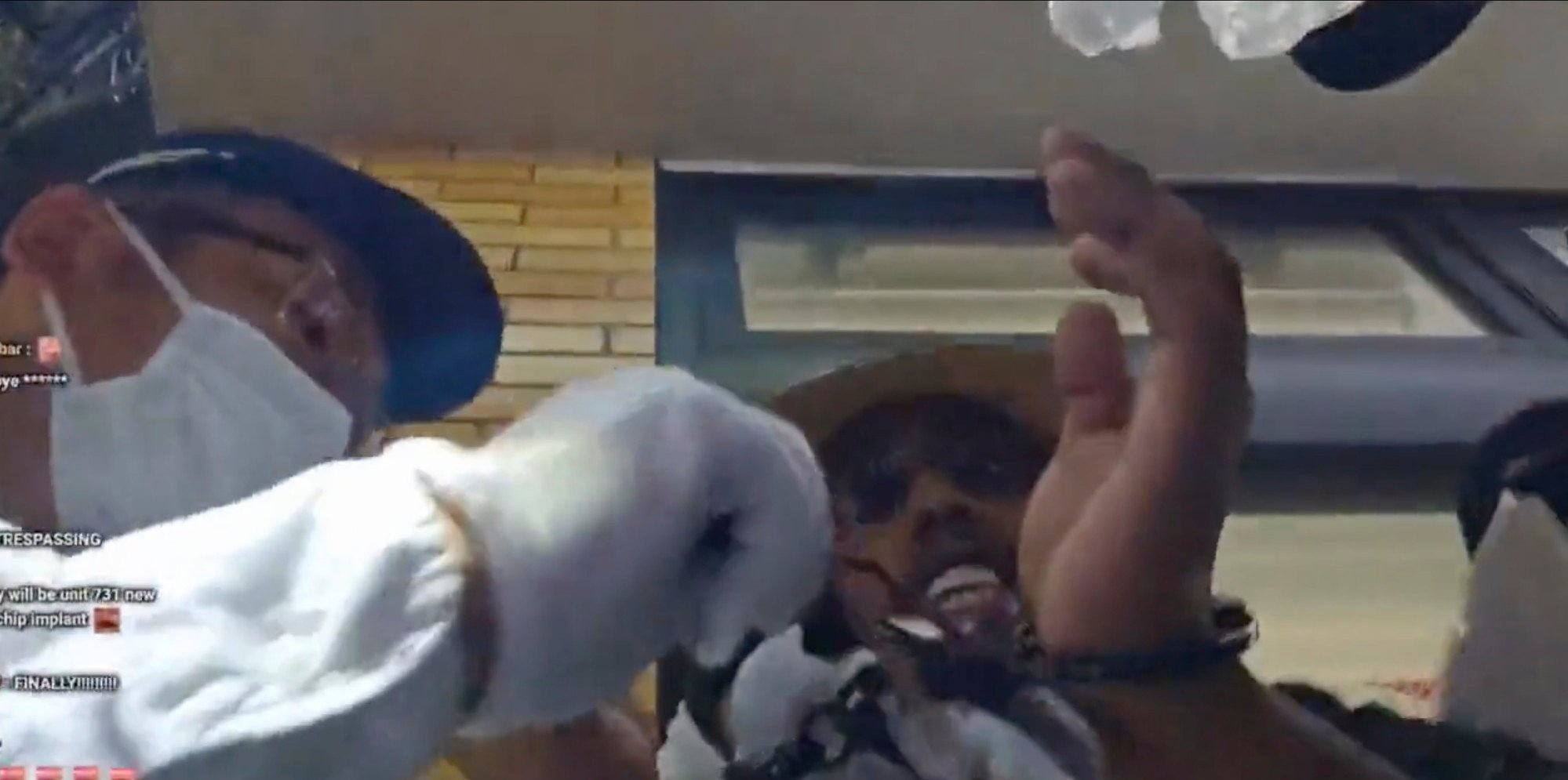
US influencer Johnny Somali’s arrest in Japan shows lengths people go to be ‘famous’
- Ramsey Khalid Ismael, who goes by the screen name Johnny Somali, was arrested in Japan over a series of provocative stunts that sparked public outrage
- There are concerns his case could encourage others to perform similar stunts and mischief in an effort to become famous
Ramsey Khalid Ismael, a 23-year-old who goes by the screen name Johnny Somali, was arrested in late August after allegedly breaking into a construction site in Osaka.
The two had been travelling around Japan for more than a month and sharing videos on the live-streaming website Kick, although the Johnny Somali page appears to have been deactivated since his arrest.
My worry is that his actions are going to attract a lot of attention among other people and encourage them to do something similar to be ‘famous’
Earlier this month, footage appeared to show him verbally abusing women in the entertainment district of a Japanese city. It ended when a foreign man approached Johnny Somali and punched him, causing him to fall to the ground.
“My worry is that his actions are going to attract a lot of attention among other people and encourage them to do something similar to be ‘famous’,” said Makoto Watanabe, a professor of media and communications at Hokkaido Bunkyo University.

Chief Cabinet Secretary Hirokazu Matsuno addressed the Johnny Somali furore this week: “Of course, we must ensure the freedom of YouTubers and other broadcasters, but within that we must ensure that they do not violate the privacy of others or act as a nuisance.”
Japan’s done with extreme tourism at hotspot: ‘Mount Fuji is screaming’
Social media reaction has been less restrained, with some commenters on the Yahoo Japan news site demanding authorities impose clear rules on what is acceptable. Others said Ismael should be prosecuted, deported and never allowed back in Japan.
But Watanabe pointed out that Japan also had its own mischief-makers, as there had been several cases involving Japanese youths posting inappropriate content online.

“Many young people who have grown up in the digital age have the sense that they know everything and can do anything they want, in part because they have seen other people do such things,” Watanabe said.
“The man who licked the soy sauce bottle lacked the manners and ethics that he should have learned as a boy from his parents, his family, his community,” he added.

